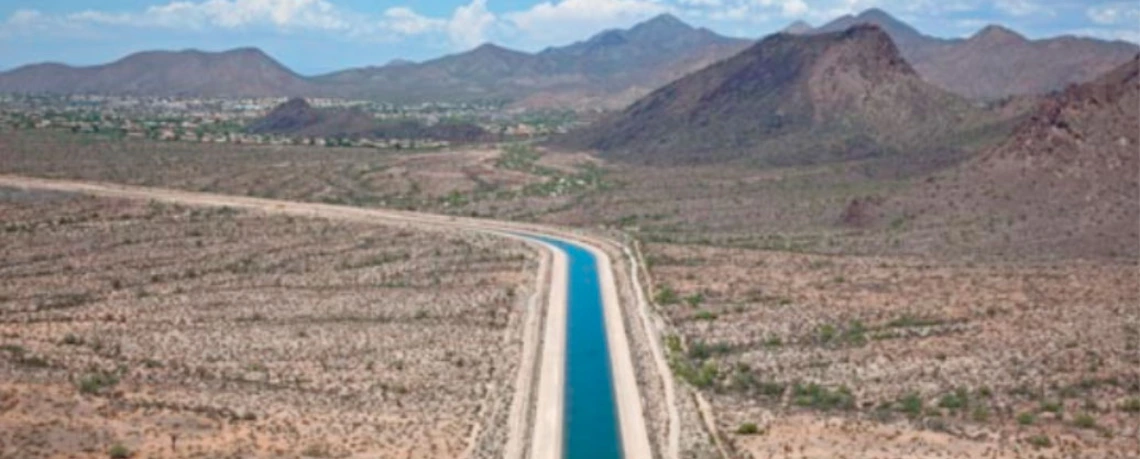
When
Where
Speaker(s)
The Water Transfers in the West: Projects, Trends and Leading Practices in Voluntary Water Trading report is focused on voluntary, intrastate transfers and recognizes that such transfers are occurring across the West and will likely continue.
The report does not make value judgments about whether transfers are good or bad, and is intended to provide states with information to consider as they work to mitigate or avoid adverse impacts to agricultural and environmental values.
For the purposes of the report, the WSWC defined the term 'water transfer" as: "...a voluntary agreement that results in a temporary or permanent change in the type, time, or place of use of water and/or a water right. Water transfers can be local or distant; they can be a sale, lease, or donation; and they can move water among agricultural, municipal, industrial, energy, and environmental uses."
One of the key messages is that states play the primary role in managing water transfers. The report also notes that water transfers can play a role in water supply planning. Given the uniqueness of each state’s transfer system, the report does not attempt to prescribe solutions for any state to follow, providing instead a "toolbox" of options that states can pick and choose from. Furthermore, the report includes a detailed appendix with examples and an analysis of the types of transfer arrangements taking place in the West as well as summaries of how each state regulates transfers.
From the report: "Water transfers are already a key part of resource management in most western states. As demand for water grows in basins that are already at or near full allocation, states can use this report to consider how transfers figure into their state’s water future. With the leadership of the Governors, western states will continue to find means to provide water for new users with provisions that properly value the importance of traditional uses of water."
Nathan Bracken is the Legal Counsel for the Western States Water Council, where he works with state water administrators and other experts appointed by 18 western governors to develop policy solutions for water challenges in the West. He has published and presented on a variety of water-related topics, including water transfers, drought, water reuse, domestic wells, Indian water rights, and other issues. He is also the Editor of Western States Water, a nationally circulated weekly newsletter focused on water policy. He received his Juris Doctorate from the University of Utah, and received a Bachelors degree in English with a minor in political science from Brigham Young University.

